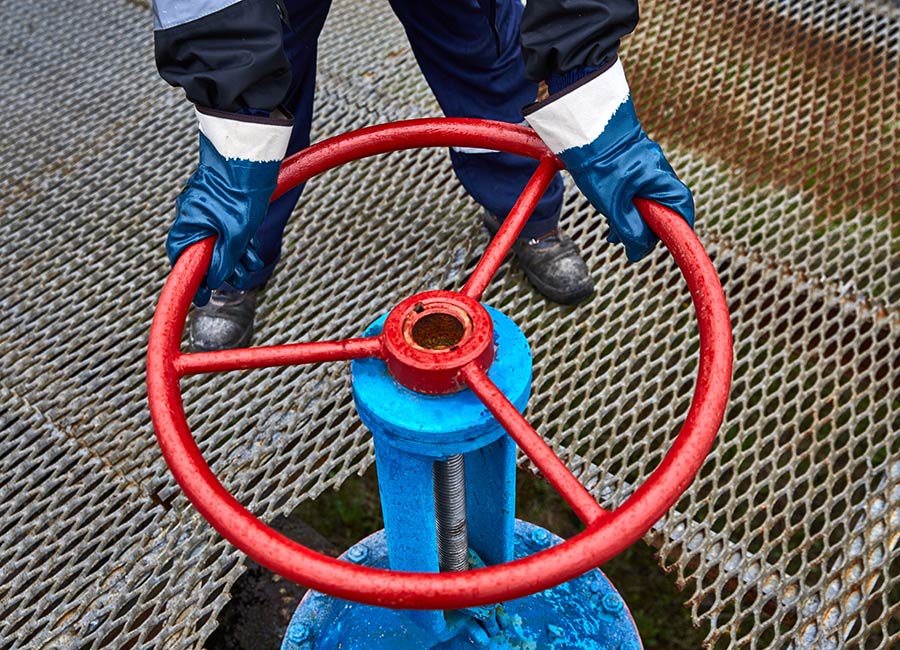Ireland could be exempt from any gas cuts under new proposals to be discussed by EU diplomats ahead of a winter with uncertain gas supplies.
European Union countries are seeking to soften the bloc's plan to require them to use less gas as questions remain from its main gas supplier Russia.
The European Commission proposed last week that the 27 EU member states each cut their gas use by 15% from August to March. The target would be voluntary, but the Commission could make it binding in a gas supply emergency.
Brussels has urged countries to curb gas use now to help fill storage ahead of winter, and warned that a full cut-off of Russian gas is likely. But the EU plan has faced resistance from a swathe of governments, with some flatly against binding cuts and others unwilling to let Brussels control their energy use.
Diplomats from EU countries were discussing a revised proposal on Monday, before their energy ministers attempt to strike a deal on it on Tuesday.
The proposal, seen by Reuters, would keep the voluntary target for all countries to curb gas use, but offer a range of exemptions to the binding target - effectively meaning countries would face different mandatory goals.
Some diplomats from EU countries welcomed the latest proposal as the basis for a deal, while others raised concerns that with so many exemptions, Europe would fail to save enough gas to make it through winter if Russia cut supplies.

One diplomat said the aim was to ensure countries show solidarity by agreeing to act together, while ensuring the proposal is not weakened so much that it becomes "a tiger without the teeth".
Under the proposal drafted by the Czech Republic, which currently chairs EU country meetings, countries without links to EU gas networks would be exempted - which could cover island countries such as Ireland and Malta.
Those with large volumes of stored gas could face lower targets to curb demand - as could states that export gas to other countries, likely including Spain, which does not rely on Russia for gas and has been among the firmest opponents of the EU proposal. Critical sectors such as chemicals and steel could also be exempted.
The new proposal puts national governments, rather than the Commission, in charge of the process to make the target binding, which could only be done with majority support from countries.
+Additional reporting Reuters








